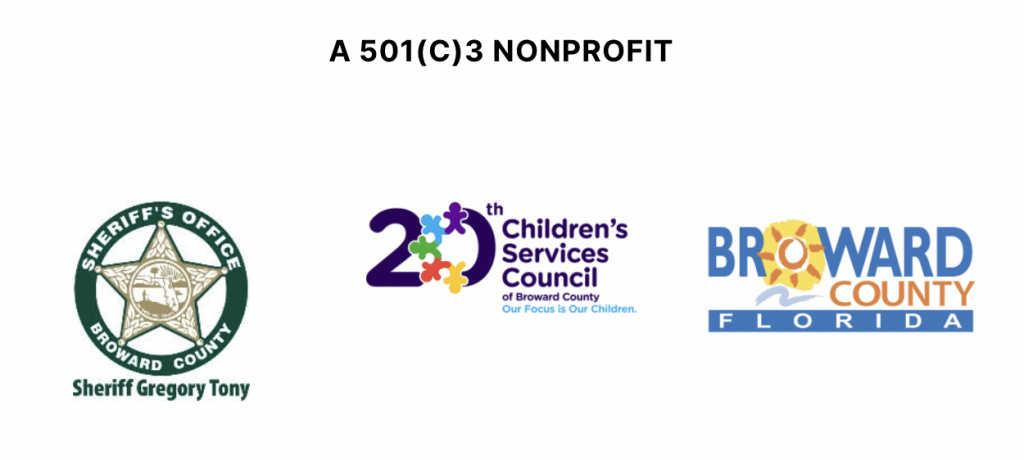
Our fast-paced modern society allows us to dismiss the symptoms of mental burnout and exhaustion as something temporary and trivial. There is no shortage of distractions which can help us ignore the signs of our declining mental health until we begin to spiral into full depression or anxiety.
Sometimes we turn sharply into our work, we begin to isolate, and we may even self-medicate with alcohol, tobacco, or caffeine to alleviate the symptoms.
Doing this will not work of course.
Early symptoms of mental burnout can include feelings of depression, physical and mental fatigue, excessive pessimism, insomnia, or oversleeping.
Today we are going to go over five possible warning signs of mental burnout that you should be aware of.
Noticeable Changes to Your Eating or Sleeping Habits
Have you found it hard to get to sleep recently? Maybe you’re finding it harder to wake up at all in the morning. It’s normal to experience shifts in sleeping patterns while undergoing significant life changes. But it’s a red flag to experience these things when your lifestyle and daily habits haven’t changed much.
Losing sleep or sleeping too much can negatively affect your concentration, reduce your productivity, and increase anxiety.
Changes in eating habits (eating less or overeating) can be just as detrimental to your health. Loss of physical energy, lowered self-confidence from weight gain, and the onset of depression are a few of the side-effects of unhealthy changes to your dietary habits.
Frequent Mood Swings
One of the more recognizable signs of mental burnout is frequent and dramatic shifts in your mood. As our physical and emotional energy reserves continue to drain, it becomes more difficult for us to maintain stress loads the way we used to. Even minor inconveniences can seem like daunting obstacles to overcome – and when we feel unable to handle them, we can lash out at family, friends, or colleagues.
The longer we allow ourselves to feel overwhelmed, the harder it is for us to see a way out of our daunting circumstances. Over time this will lead to feelings of anxiety and a growing lack of motivation.
Social Withdrawal
Even if you are usually an outgoing and social person, mental burnout can make you feel like you want to isolate yourself to recharge your batteries. It may never feel like enough. You may begin to sleep at every opportunity or to turn to substance abuse to alleviate the constant emotional burden of feeling mentally exhausted.
Some people may be embarrassed that they don’t feel like themselves anymore and can withdraw even from close friends and family.
One of the most insidious aspects of isolation is a slowly growing sense of apathy – of just not caring anymore and feeling emotionally numb. Long-term social isolation can become damaging and lead to a downward spiral of depression and anxiety.
Difficulty Concentrating
Mental and emotional exhaustion can make it hard to conduct day-to-day activities at the level that we are used to performing them. I have often compared the experience of this temporary cognitive stress to thinking through the mud. The name for this is brain fog. It can make maintaining focus and the completion of even simple tasks harder than they should be.
People may turn to self-medicating with caffeine or seek prescription solutions to restore their previous cognitive function. Without identifying and addressing the underlying cause, medicating will not yield the results you’re looking for. It will only prolong your dependence on chemical substances to alleviate symptoms.
Increased Frequency of Depression
The end-result of experiencing these symptoms is a recurring and seemingly inescapable feeling of emptiness, emotional numbness, and a constant dread of feeling ‘on-edge’.
Take time out of your day to scan your body and mind for tension, changes in mood, and feelings of anxiousness.
Be brave and reach out to friends and family – tell them what you’re experiencing.
Most importantly, seek out professional help. You don’t have to carry any of this on your shoulders.
If you’re thinking about whether therapy is right for you, read our blog entry ‘How do I Know if I Should Try Therapy’?
Thank you for reading!
Sources:
Psych2Go. (2020, September 14). Is Your Mental Health Falling Apart? [Video file]. Retrieved from https://youtu.be/Nk04hFnYHWU
Killgore, W. D. (2010). Effects of sleep deprivation on cognition. In Progress in brain research (Vol. 185, pp. 105-129). Elsevier.
Polivy, J., & Herman, C. P. (2005). Mental health and eating behaviours: a bi-directional relation. Canadian Journal of Public Health/Revue Canadienne de Sante’e Publique, S43-S46.
Stetz, M. C., Thomas, M. L., Russo, M. B., Stetz, T. A., Wildzunas, R. M., McDonald, J. J., … & Romano, J. A. (2007). Stress, mental health, and cognition: a brief review of relationships and countermeasures. Aviation, space, and environmental medicine, 78(5), B252-B260.


2 Responses
[…] We are all living in interesting times – this past year has been one of constant change, unusual social upheaval, and the looming prospect of economic volatility. Add that to the highly polarized political climate, and we have the makings of a high stress environment. […]
[…] of stress overload. Even if you don’t feel overwhelmed, micro-stressors can accumulate over time. This can lead to mental burnout and emotional distress which will translate into fatigue, stomach pain, muscle aches, and head […]